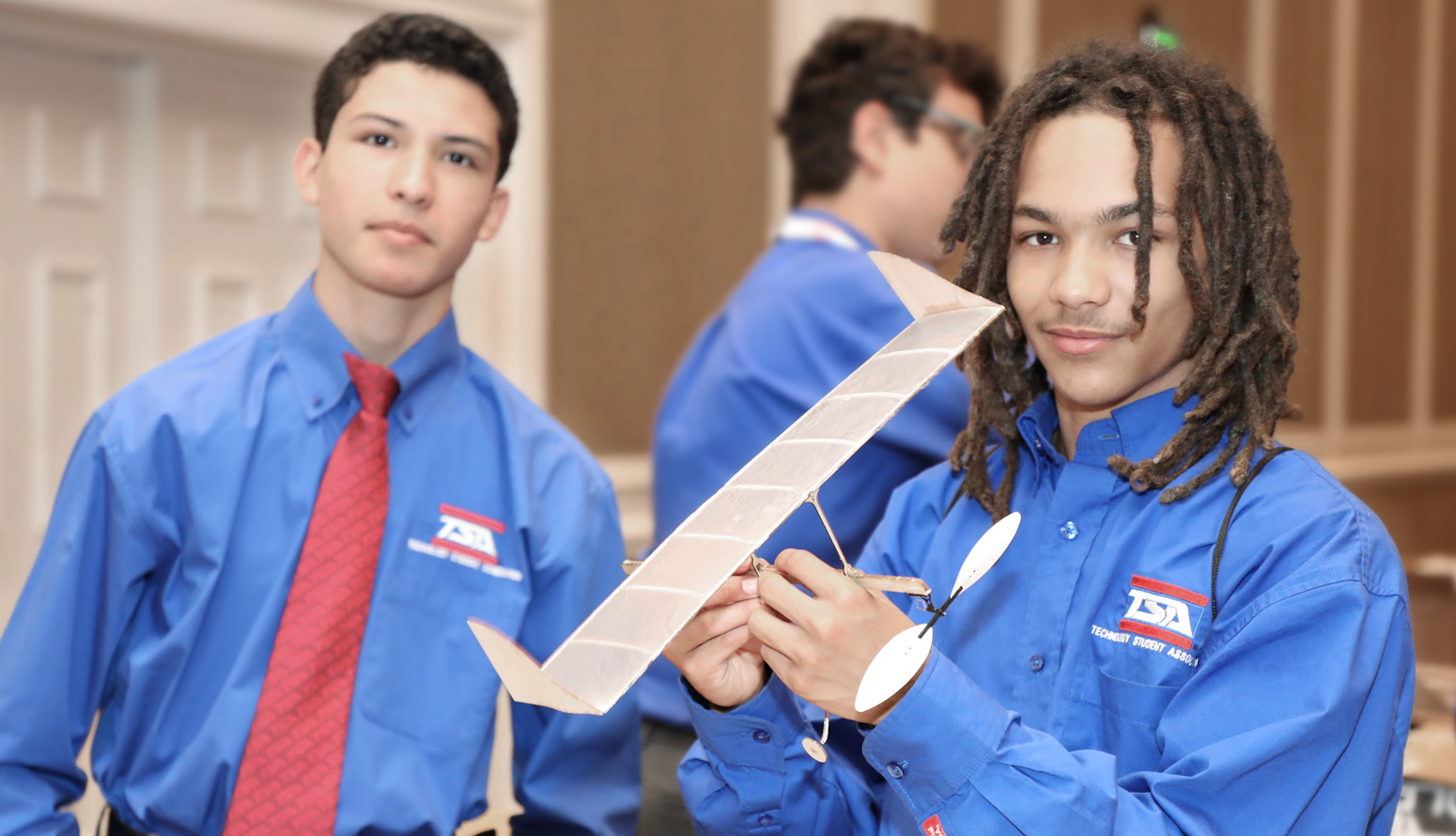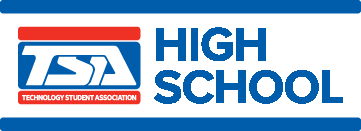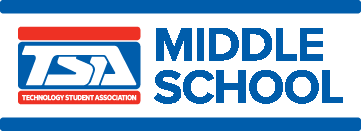In the High School Competitive Events Guide for the 2025 and 2026 National TSA Conferences, TSA offers 40 high school competitions. The eligibility chart provides the eligibility requirements for each competition and is applicable to the national TSA conference. (State delegations may choose to alter their events for local conferences. Click on your state to preview the requirements pertaining to your regional and/or state conferences.)
Animatronics
Board Game Design
Digital Video Production
Fashion Design and Technology
Music Production
Participants produce an original musical piece that reflects the annual theme on the TSA website under Themes & Problems. The quality of the musical piece and required documentation (including elements such as a plan of work, self-evaluation, and a list of hardware, software, and instruments used) determines advancement to the semifinal level of competition, during which semifinalist participants are interviewed.
On Demand Video
In the Middle School Competitive Events Guide for the 2026 and 2027 National TSA Conferences, TSA offers 37 middle school competitions. The eligibility chart provides the eligibility requirements for each competition and is applicable to the national TSA conference. (State delegations may choose to alter their events for local conferences. Click on your state to preview the requirements pertaining to your regional and/or state conferences.)


